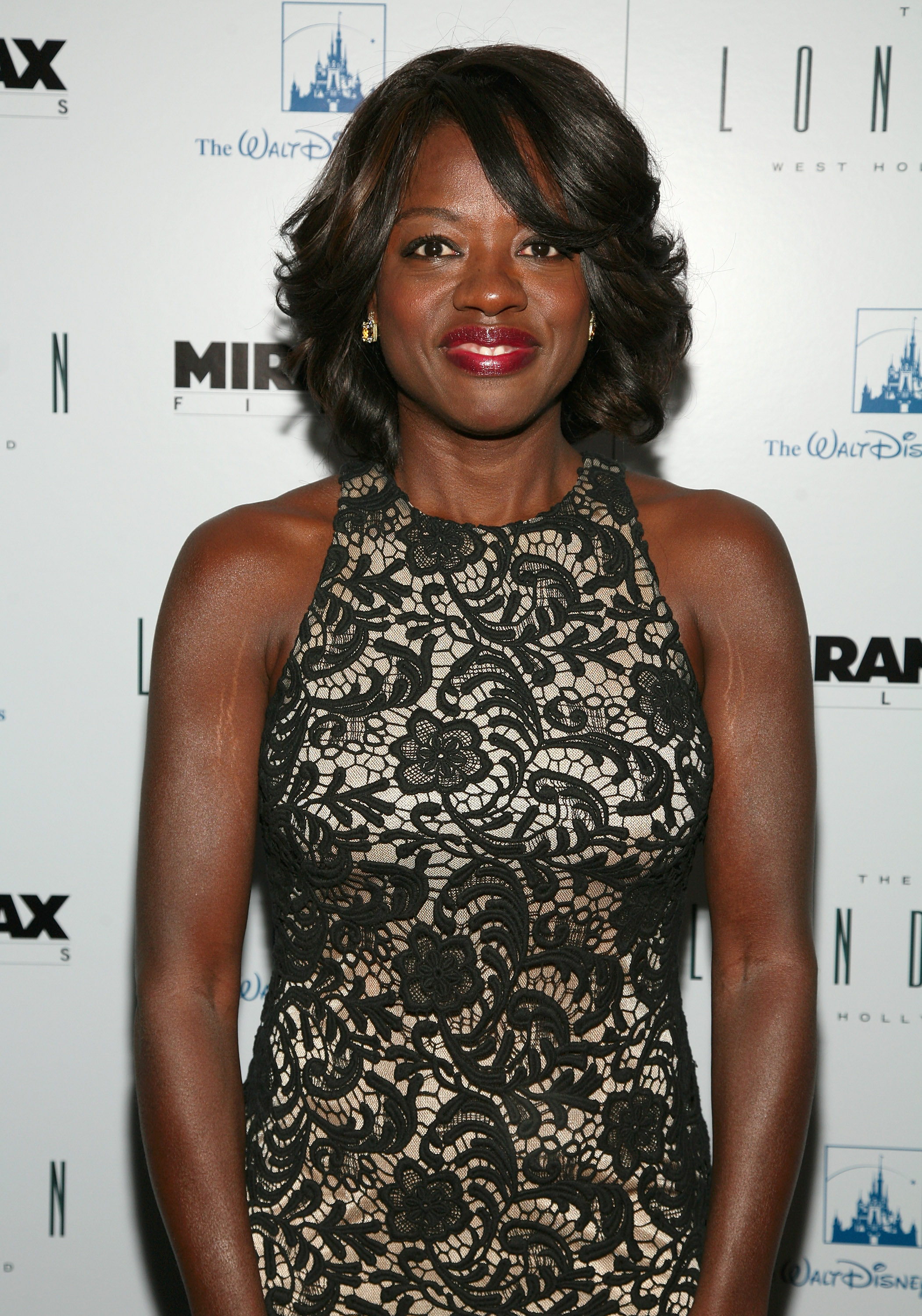The only surviving photo from her childhood is a kindergarten picture — a solemn image of a girl who, even at that young age, understood what it meant to have less than others. Today, she is not just a celebrated actress but also a voice for those who share her difficult beginnings.
Advertisement
Her childhood was marked by deprivation and hardship. With her parents barely scraping by on factory and stable jobs, the family of eight relied on food stamps, which often ran out before the month was over. Hunger was a constant companion, and school lunches were her only reliable meals.
View this post on Instagram
Their home was plagued by harsh winters, frozen pipes, and rats that swarmed at night. Despite these conditions, she refused to let her environment determine her future. Instead, she nurtured a dream of breaking free, using education and creativity to fuel her journey toward a brighter tomorrow.
View this post on Instagram
A Childhood of Unimaginable Hardship
She was born 59 years ago in a one-room shack on her grandmother’s farm in South Carolina, a property that had once been a plantation. Her family moved to Central Falls, Rhode Island, hoping for a better life, but poverty followed them.
They lived in a condemned building with no working plumbing, no heat during the winter, and a constant infestation of rats. Food insecurity defined much of her childhood. After the food stamps ran out, she and her siblings scavenged in garbage bins for food or stole from stores.
At nine years old, she was caught stealing, and the shame stayed with her for years. “The store owner screamed at me to get out, looking at me like I was nothing,” she recalled. For years, school lunch was often her only reliable meal.
Rats were another grim reality of her childhood. They chewed through toys and sometimes leaped onto beds at night. To protect themselves, she and her siblings tied rags around their necks while they slept.
Amid the relentless challenges, she dreamt of a life where she would be seen, valued, and no longer be defined by poverty. Her school offered the structure and hope she needed to dream beyond her circumstances.
Advertisement
Resilience Through Education and Performance
Despite the challenges at home, school became a refuge for her. She excelled academically and found joy in extracurricular activities. She and her siblings rarely missed a day, immersing themselves in sports, drama, and music to escape the harsh realities of their home life.
Her passion for performing began at age seven when she and her sisters entered a local talent show. They wrote skits, created makeshift costumes, and performed with enthusiasm. She joined the Upward Bound program, which prepared students from low-income families for college.
Additionally, she earned a scholarship to Rhode Island College, where she majored in theater. One of her professors saw extraordinary potential in her, later stating that she “was a talent that doesn’t come down the pike very often.”
After college, she auditioned for Juilliard, one of the most prestigious performing arts schools in the world. Out of 2,500 applicants, she secured one of just 14 coveted spots. Her acceptance into Juilliard marked a major turning point in her life, setting the stage for her rise to stardom.
From Stage to Stardom
Her time at Juilliard honed her craft and prepared her for the competitive entertainment industry. After graduating, she began working in theater and quickly made a name for herself.
At 29, she earned her first Tony Award nomination for her performance in August Wilson’s play “Seven Guitars.” She described opening night as a defining moment, “My mom and dad were in the audience, and my dad cried. I thought, ‘I’ve arrived. This is it.’”
Her talent and dedication caught the attention of Hollywood. She transitioned to film and television, delivering critically acclaimed performances in roles that connected her with audiences. In 2008, she earned her first Oscar nomination for her role in “Doubt.”

Her powerful performance in “The Help” (2011) followed, garnering another nomination. In 2015, she broke barriers by becoming the first Black woman to win the Emmy for Outstanding Lead Actress in a Drama Series for her role in “How to Get Away with Murder.”
She later won an Oscar for her role in “Fences” (2016), cementing her status as one of the most respected actresses of her generation. While her achievements on stage and screen were groundbreaking, she used her platform for more than just acting.

Using Her Voice for Change
Her success in Hollywood has allowed Viola Davis to shine a light on the very struggles she endured growing up. She has become a passionate advocate for combating childhood hunger and poverty.
Through her work with the Hunger Is campaign, she helped raise over $4.5 million to ensure children have access to nutritious meals. “This is the richest country in the world,” she said. “There’s no reason kids should be going to school hungry.”
Davis has also been candid about the emotional scars left by her upbringing. In her memoir, “Finding Me,” she delves into the shame and trauma she carried from those early years. “What I felt was a complete absence of love,” she explained. “To feel love, you have to have the hard conversations.”
Advertisement
Writing the book, she said, was her way of reclaiming her story and refusing to suppress her truth. Her advocacy has made a significant impact, particularly in her hometown of Central Falls, Rhode Island.
Viola Davis during City Year LA’s Spring Break Destination Education on May 6, 2023 in Culver City, California | Source: Getty Images
Hugh Minor, spokesperson for the Rhode Island Community Food Bank, praised her efforts, saying, “It is so powerful for Viola Davis to say, ‘I was affected by hunger—and many people still are.’ It really is a rallying call for people to do something.”
As Davis continues to break barriers and inspire change, she has also achieved what once seemed impossible — a life filled with stability, love, and fulfillment.
Davis has not only achieved professional success but also the personal life she once dreamed of. Today, she is married to actor and producer Julius Tennon, and together, they adopted their daughter, Genesis.
“You could be a bad actor.[..] but you cannot be a bad mother,” she said, reflecting on the joy and responsibility of motherhood. In 2020, on her 55th birthday, Davis bought the dilapidated South Carolina house where she was born.
She has also spoken about the little girl she once was and how her success is a way of healing that child. “That’s the little girl who follows me all the time,” she said. “I always feel like I have to go back and heal her.”





